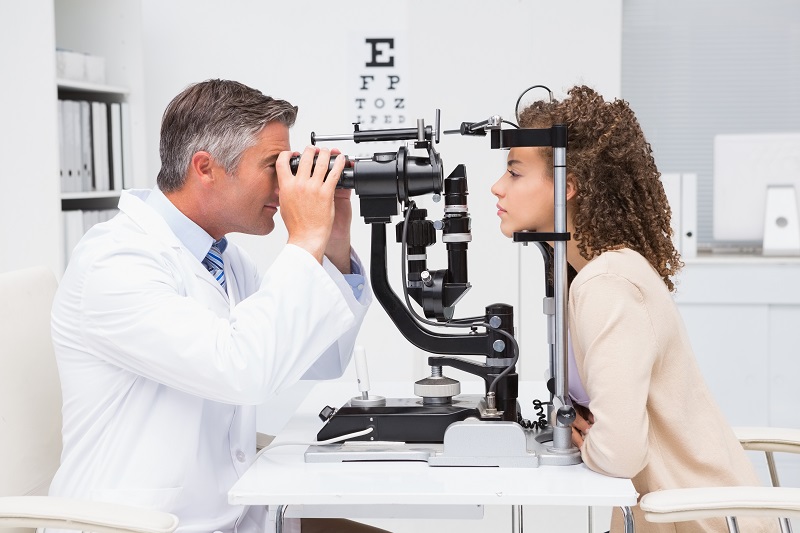The optometrists are those healthcare professionals who deal with various eye related issues such as sight testing, management of vision changes etc. They perform various tests on the eyes and then make diagnosis followed by any treatment if required. They play a vital role in healthcare professionals which deals with eye-related symptoms and in many cases; it is an optometrist to whom you should go to when you are having non-surgical eye problems.
What is the role of an optometrist in reducing eye-related diseases?
The optometrist specialists perform a very specific role in terms of diseases of the eyes. They perform various eye tests to determine the condition of the eyes and prescribe contact lenses or spectacles when required. Though, their role isn’t only limited to testing eyes, its power and giving lenses or spectacles only. An optometrist specialist will also diagnose various eye diseases and they have the regulation to give medicine so that the condition of the eye could get better and it can be treated accordingly.
What are the types of tests that the optometrists perform? How can you consult them for your myriad needs?
What type of tests do they perform? The tests that an optometrist could perform could vary from country to country as the laws regulating the jurisdiction an optometrist specialist also changes.
They mostly perform vision tests which deal with assessing the clarity of the vision. There could be various anomalies in the eyes which could lead to a distorted vision of the eyes or you may see blurry things which could be due to myopia or hypermetropia. These anomalies of the eye could be corrected by using various lenses or spectacles and an optometrist specialist will diagnose to check how far the disease has progressed through. There could be surgical intervention needed in this case in which, he will refer to the surgical doctors accordingly.
You can go to an optometrist when there is no surgical option left
If the eyes don’t need to be intervened by surgical procedure, then an optometrist specialist could play a vital role in diagnosing the cause that is beneath the eyes which is the origin of all the troubles that the person may have been facing. In this case, both an optometrist specialist and ophthalmologist are suitable in order to diagnose and giving treatment to the eyes.
The optometrist comes in when there is some special eye condition which needs to be addressed which are of non-surgical treatment. They are the professionals who are licensed to practice optometry and they are given the responsibility for treating eye diseases which may cause unclear vision or diseases which has relation with loss of power and visual acuity.
None the less, both the ophthalmologist and optometrist play a crucial role in the field of eye health care in different sections. With predefined roles established, there are clear demarcations where ophthalmologist and optometrist will play a different role in different diseases starting from diagnosing them to in order to treat them.
Functions of optometrist
For corrections that deals with the power of the eye, where you will need lenses or spectacles in order to correct, an optometrist can make all the measurement and give a resolution so that, the desired effect could be achieved and the healthcare of the eye is up to its potential. For day to day eye healthcare, you can consult with an optometrist where he will give you different guides in order to keep your eyes healthy and how you could prevent further damage to the eyes if you have any.
It is generally advisable to consult with an optometrist after every six months even when it concerns with your day to day eye-related activities.







